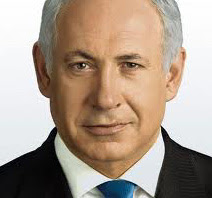 Support for Hamas is widespread throughout the villages and towns of the West Bank. Painted signs symbolise the religious and revolutionary nature of the movement (the green flag of Islam and the AK47 automatic rifle). For many, the Palestinian Authority under Mahmoud Abbas has failed to provide credible leadership. Indeed, the PA is widely regarded as carrying out the orders of the Israeli government by suppressing dissent and closing down charitable organisations linked to Hamas.
Support for Hamas is widespread throughout the villages and towns of the West Bank. Painted signs symbolise the religious and revolutionary nature of the movement (the green flag of Islam and the AK47 automatic rifle). For many, the Palestinian Authority under Mahmoud Abbas has failed to provide credible leadership. Indeed, the PA is widely regarded as carrying out the orders of the Israeli government by suppressing dissent and closing down charitable organisations linked to Hamas.Like the liberation theology movements of South America, Hamas gains support from the people through its provision of social services and its opposition to tyranny and repression. Confronted by one of the largest and best equipped armies in the world Hamas has only a relative handful of lightly-armed men. All Palestinians know, of course, that only a political solution will deliver them any measure of justice, but they also know that without an armed resistance they are even more helpless in the face of Israeli depredations. Hamas gives them hope.












